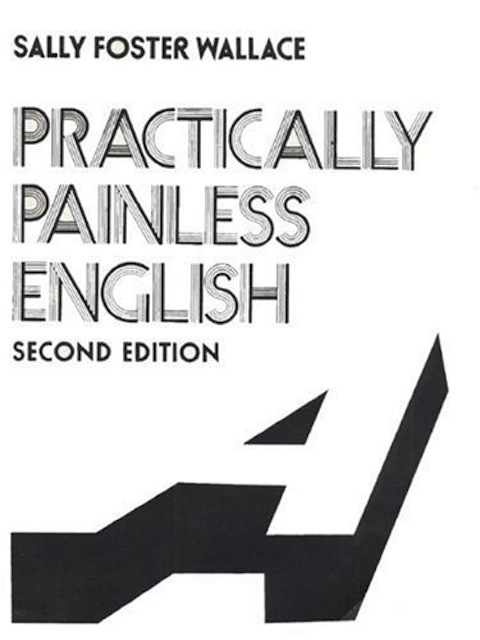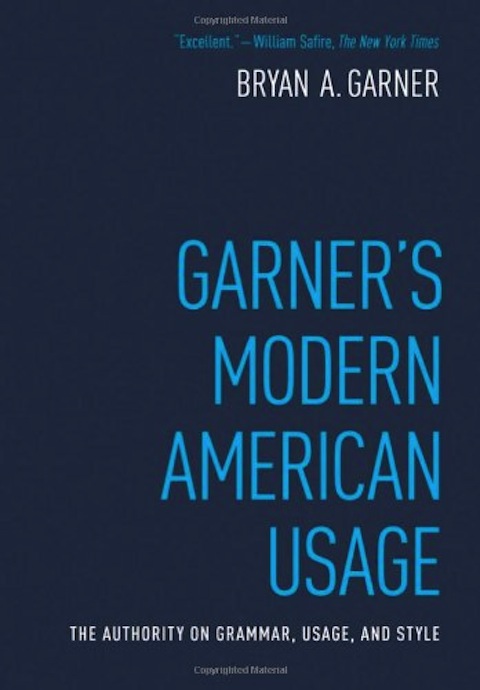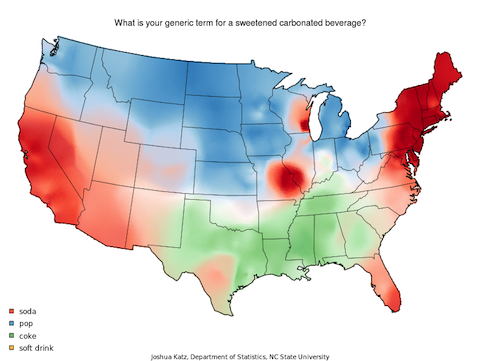Many interests have spurred creative alphabet collections: New York City. Geekdom. Food snobbery. Childhood calamity. And now?
Actually, LSD ABC, defies neat categorization. Beyond the fact that they’re both spelled out using letters, what could Dim Sum possibly have in common with VHS? Not much prior serving as inspirational prompts for graphic designers Laurent & Françoise (otherwise known as Laura Sicouri and Kadavre Exquis). Now they’re 1/13th of a delightfully twisted animated whole, one of those deadline-free pet projects that goes on to spawn a limited edition vinyl album.
The duo is prone to fetishizing the anachronistic technologies of the recent past, in a manner slightly more elegant than comedians Tim Heidecker and Eric Wareheim. They toss in a foot similar to the one Terry Gilliam used to such effect on Monty Python. H and S are subjected to the sort of indignities Wile E. Coyote used to suffer at the hands of the Road Runner. It’s all tied together with AT&T Lab’s decidedly unnatural-sounding Natural Voice text-to-speech narration.
While it’s difficult to pick a favorite from such a mind bending array, I’m going to have to go with P…for Pet Piano, natch. You?
Related Content:
Watch All of Terry Gilliam’s Monty Python Animations in a Row
Bauhaus, Modernism & Other Design Movements Explained by New Animated Video Series
Ayun Halliday is stymied by the lack of Ys on certain European keyboards. Follow her @AyunHalliday






